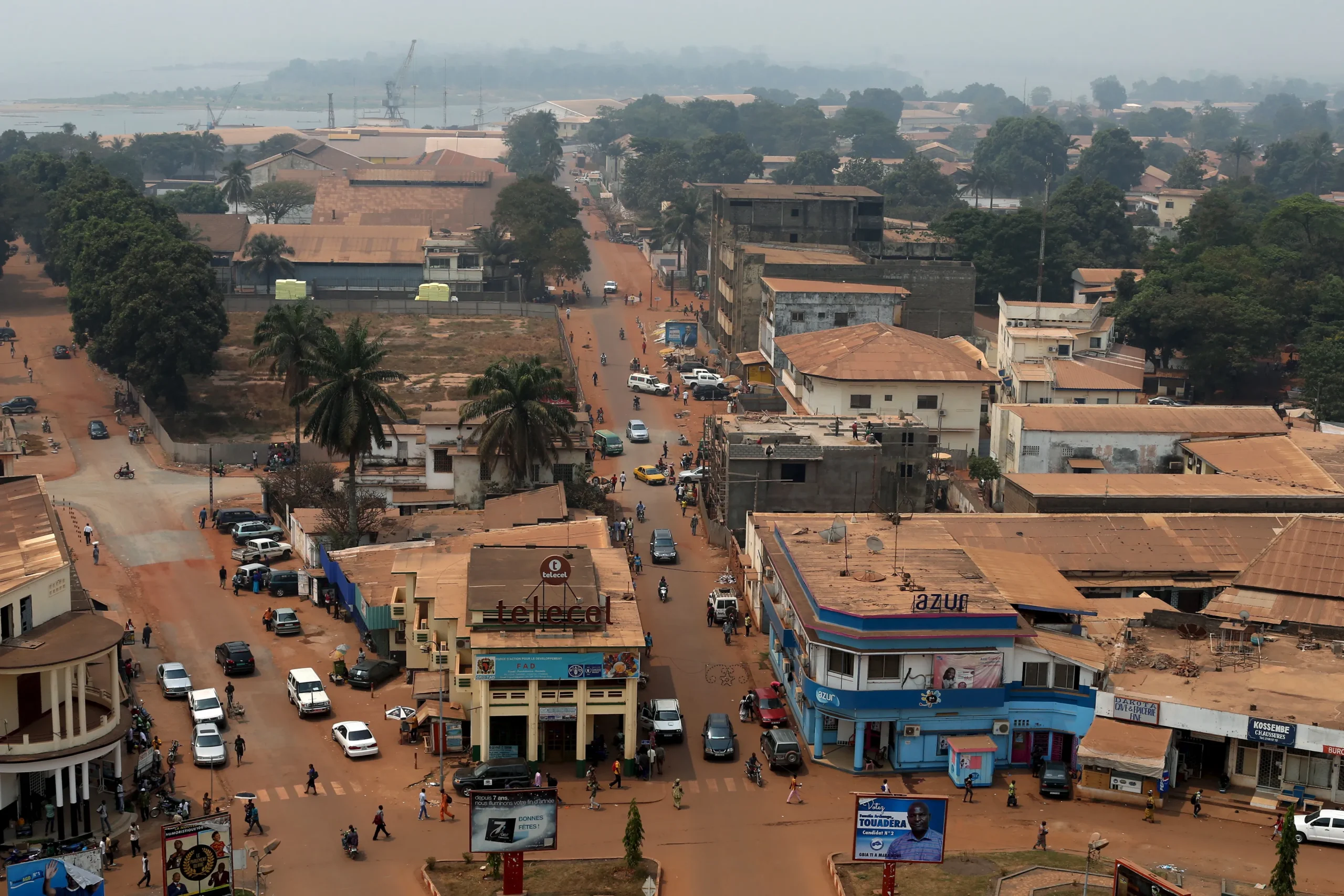
One prominent feature of Central Africa is the enduring influence of French, a legacy of historical colonial ties. Despite the challenges posed by colonialism, French has emerged as a common language, facilitating communication across borders. This linguistic thread connects Central African nations, fostering regional cooperation and diplomatic relations.
Indigenous Languages as Cultural Pillars:
Beneath the surface of colonial linguistic imprints, Central Africa pulsates with the vibrancy of indigenous languages. Diverse ethnic groups, each with its own unique traditions and histories, contribute to the linguistic mosaic. These indigenous languages serve as pillars of cultural identity, carrying the narratives and expressions that have shaped communities for generations.
Preserving Cultural Identities:
While French may serve as a lingua franca, indigenous languages are crucial for preserving cultural identities. These languages encapsulate the essence of Central Africa’s diverse heritage, capturing nuances of expression, traditional stories, and communal wisdom. Efforts to promote and sustain these languages are integral to the region’s commitment to preserving its cultural tapestry.
Language as a Cultural Bridge:
In Central Africa, language transcends mere communication; it serves as a bridge connecting generations and linking people to their roots. From the vibrant markets of Cameroon to the remote villages of the Central African Republic, languages echo the rhythm of daily life, embodying the essence of shared histories and shared aspirations.
Challenges and Resilience:
Despite the richness of linguistic diversity, Central Africa faces challenges in maintaining and promoting indigenous languages. Globalization, urbanization, and the prevalence of widely spoken global languages pose threats to the survival of local dialects. However, the resilience of Central African communities and ongoing initiatives to celebrate and document these languages reflect a commitment to safeguarding cultural legacies.
As Central Africa navigates the complex interplay of languages, it stands as a living testament to the importance of linguistic diversity in fostering understanding and appreciation. The languages spoken in this region are not just means of communication; they are living repositories of history, culture, and the enduring spirit of a people bound together by the tapestry of their shared heritage.
